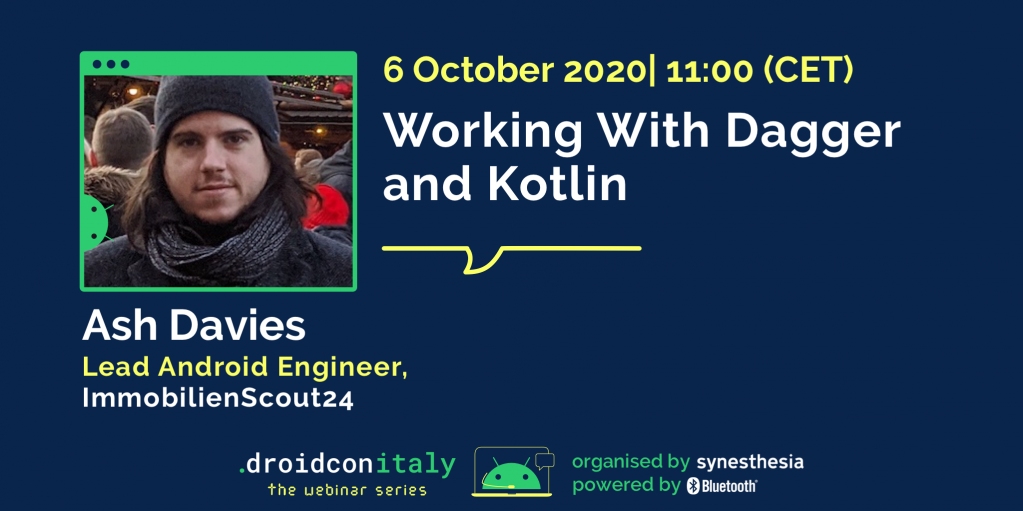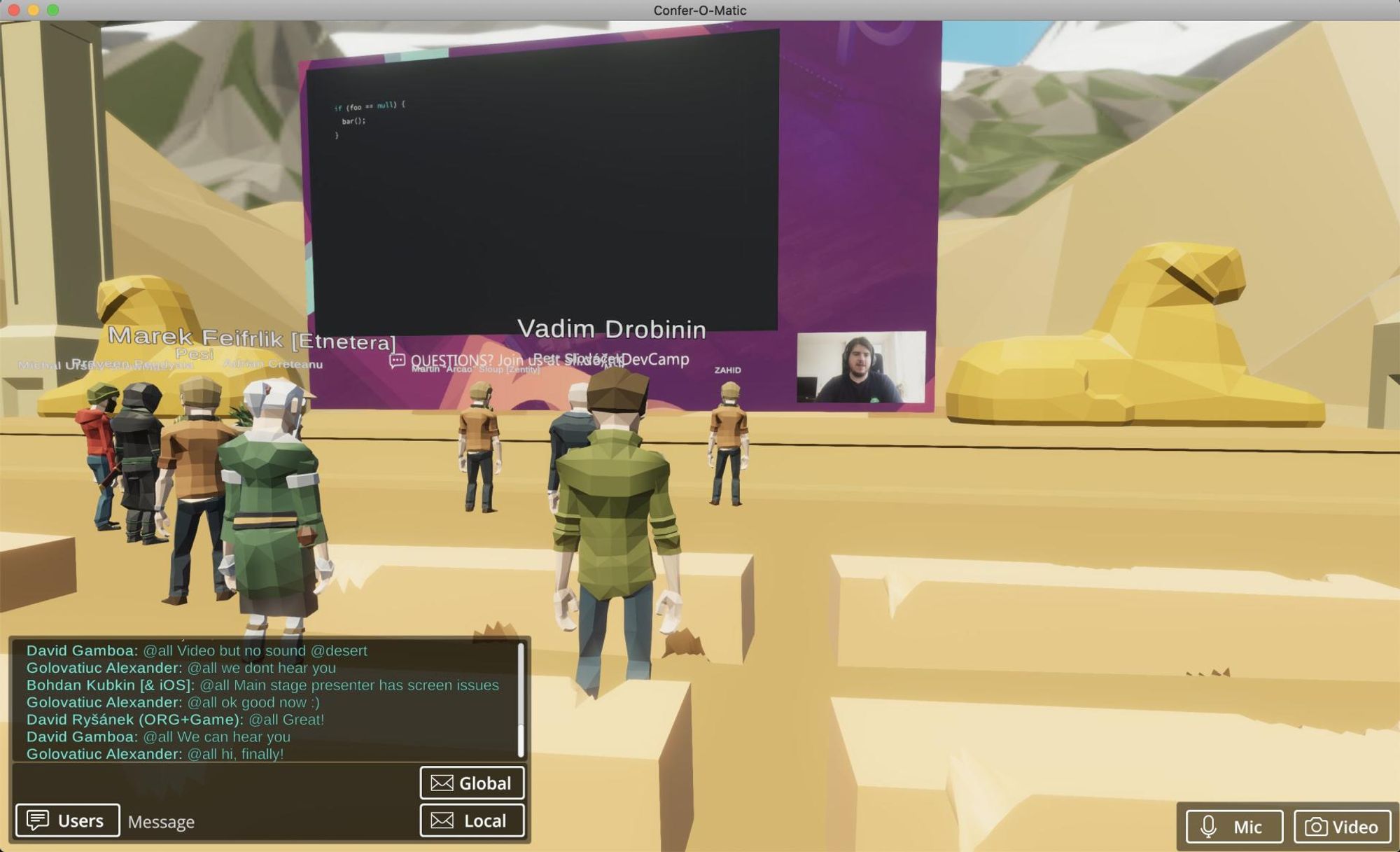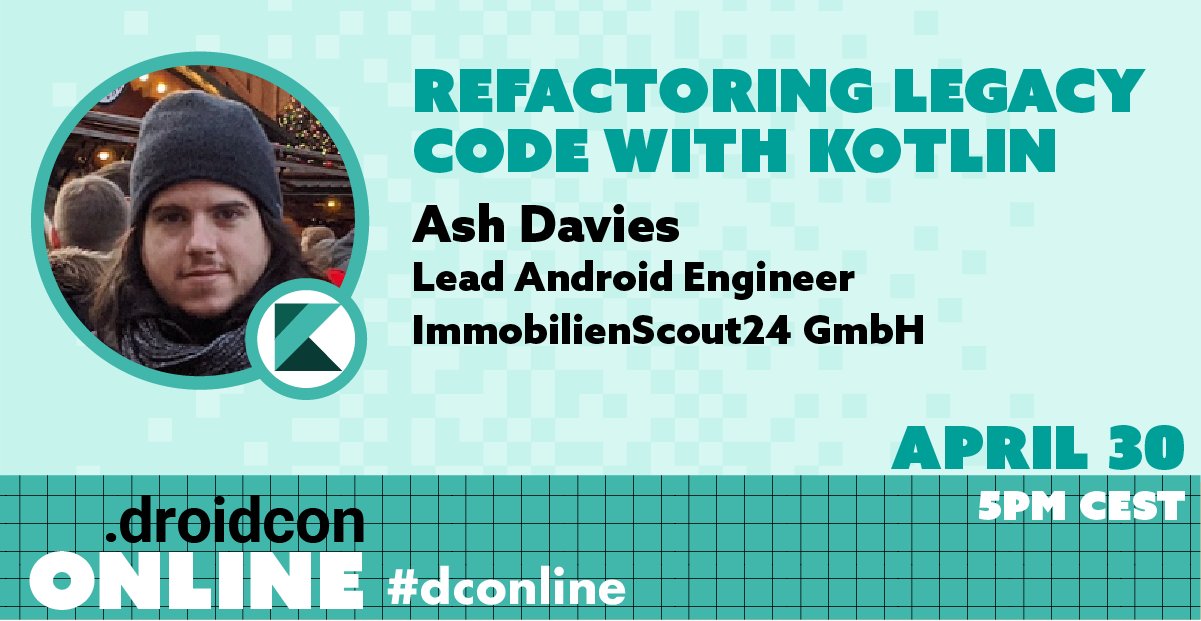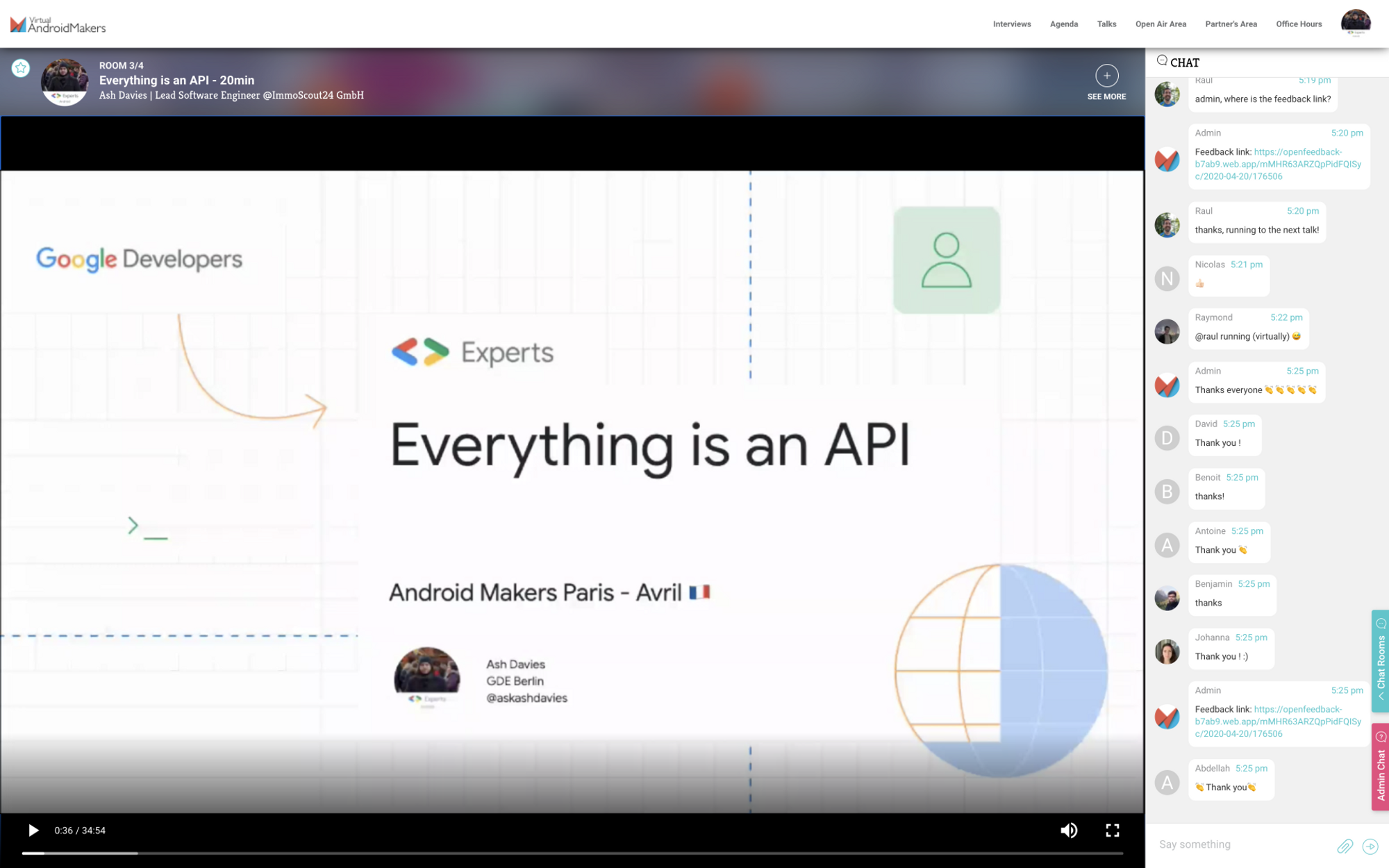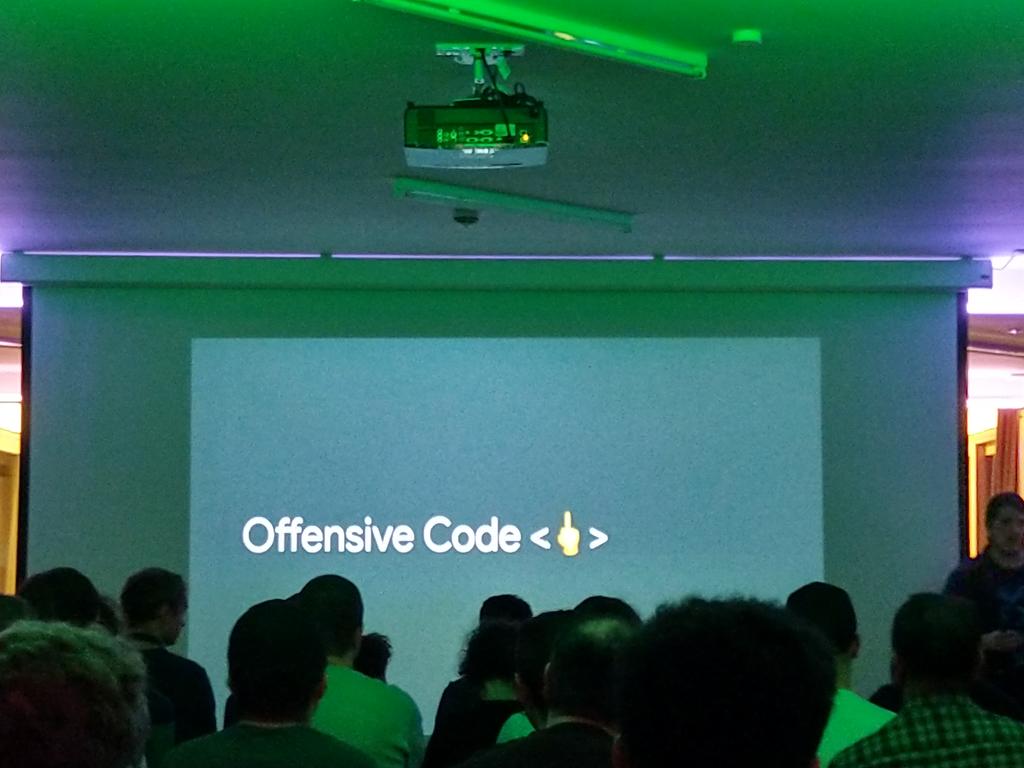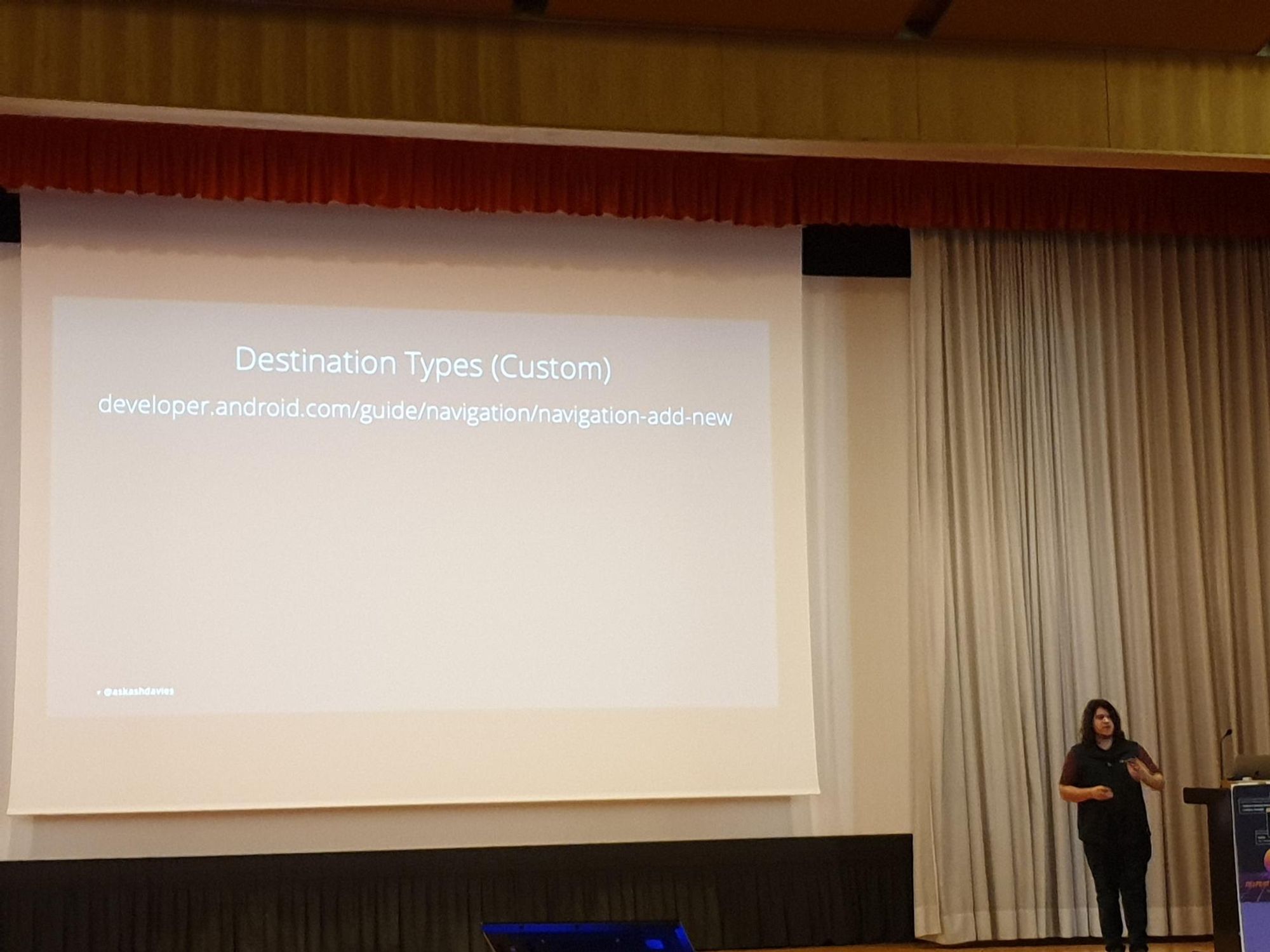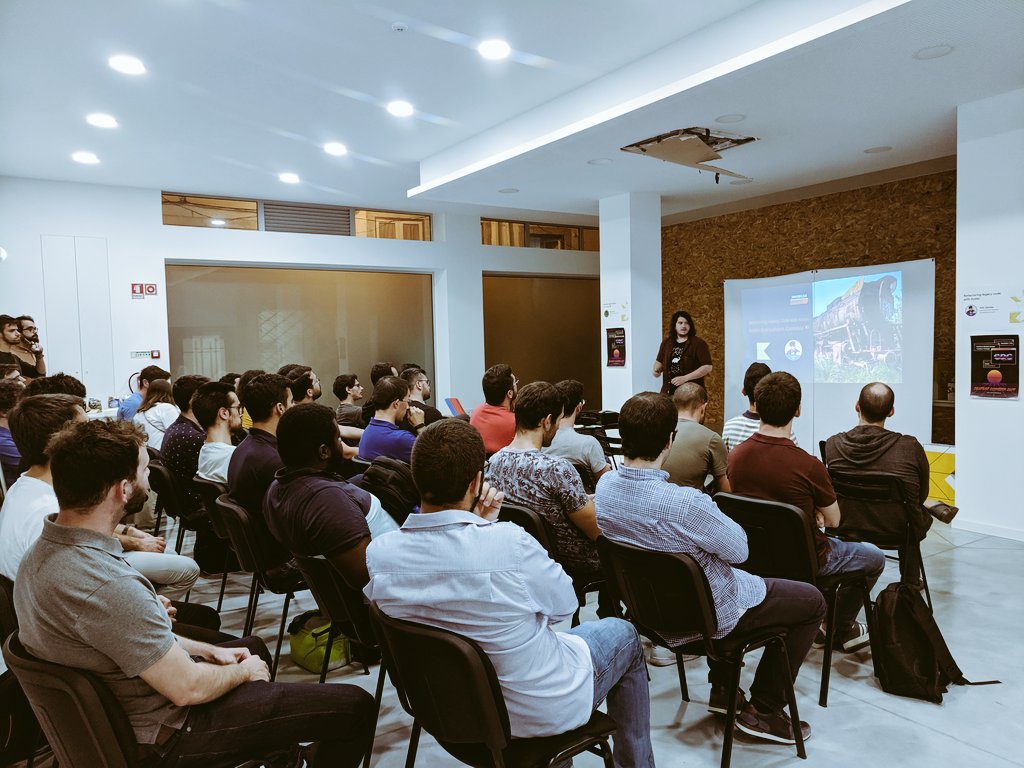
Material UX for Engineers
It’s a familiar story, it’s a Monday morning, and your PM gathers the team together, ready to brief you all on the new, latest and greatest feature to grace your app, solve all your user woes, and bring in countless five-star reviews! You get excited! Why wouldn’t you? This is why we got into this in the first place right? To build exciting and shiny new things, and feel pride when we see our users enjoying the fruits of our labours. ...
